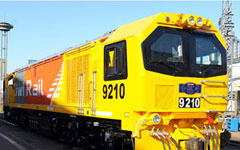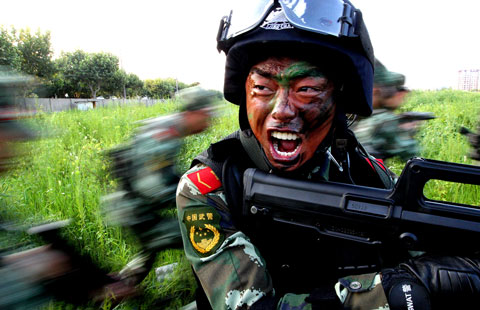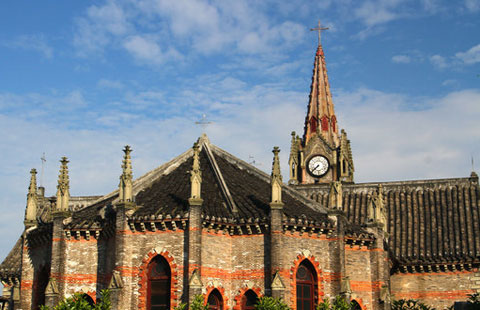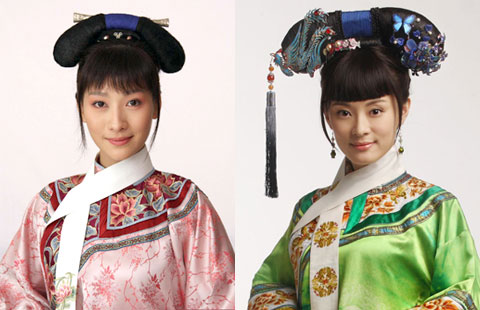
The CRN order includes the supply of 20 hard-seat trams with designed speed of 120 km/h, eight sleeping trams and two dining cars.
The Ethiopian government recently announced that it plans to expand its railway network to 2,600 km, which translates into demand for 130 to 260 trams, the company says.
|
 |
|
 |
"If there are suitable opportunities, we will consider setting up a unit that is solely funded by CNR," Liu says.
The company is also using the Ethiopia project as a spring-board to central and northern Africa. "Nigeria, Egypt, Algeria, Kenya and Tanzania are all major destinations for us," Liu says.
As a company that is closely related to infrastructure projects, CNR finds potential clients through two ways. It scouts for projects in African countries that are witnessing strong growth and are in need of large-scale infrastructure, such as Egypt and South Africa. It also looks to work as a sub-contractor for projects undertaken by Chinese construction companies in central African countries.
"We have to admit that we did not pay enough attention to Africa earlier," Liu says, adding that the company was focusing on Southeast Asia, the Middle East and South America.
"These regions have big populations, and the local economy is developed enough to trigger more demand for machinery and construction materials. It is also a good opportunity to establish our brand."
Now, the company has realized that establishing the brand name in Africa is equally important. "The drawbacks we mention, such as lack of technicians and local manufacturers, turn out to be big opportunities for us," Liu says. In fact, the multinationals have detected the opportunities as well.
"Hyundai Group, Alstom, Siemens AG, and Bombardier Inc have already got some physical presence, but not as deep as in other developed markets," Liu says. "Only when the market is primitive can we seize the opportunities before our traditional competitors do."
Han Junhong contributed to the story.
|
 |
 |








